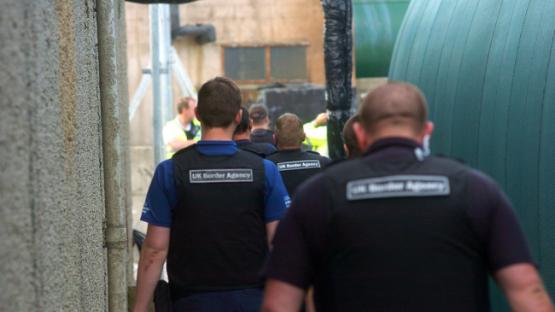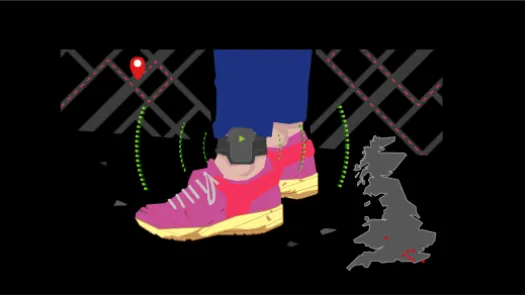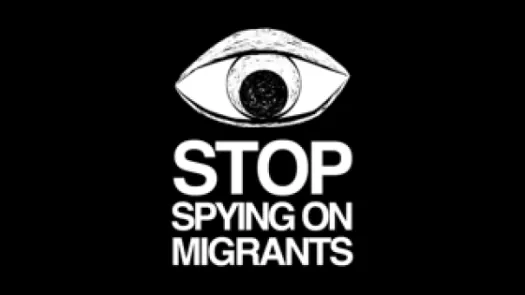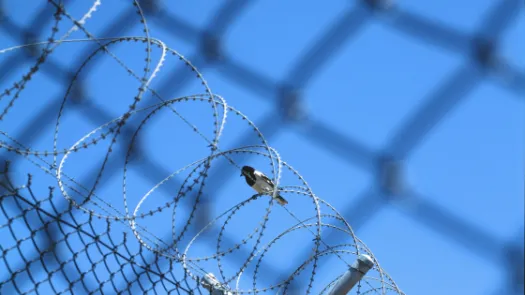Sense In Border Politics

At the moment there is much anger about a UK Border Official who, according to the BBC, relaxed "identity checks on non-EU nationals" over the summer. This 'relaxation' then was claimed to have placed the UK at risk because names of visitors were not checked against 'watchlists'. This news is unsurprising in some respects, and quite shocking in others.
The controversy centres on the call to temporarily suspend checking the e-passports of individuals from outside of the EU.
This is a non-story for a few reasons.
- There are few 'biometric e-passports' outside of the EU. Canada still hasn't implemented it; the U.S. has begun but not all passport holders have one, and I imagine very few other countries have done so outside of the EU. So suspending the check of these passports is to suspend the verification of the RFID chip and the biometric information of a subset of the visitors to the country.
- These biometric passports are amusingly stupid. The standard for biometric passports was developed by the International Civil Aviation Organisation, a UN body, through a messy policy-laundering process with governments vying for their national technologies to become international standards, while trying to push undemocratic policies. In the end, a hodge podge of technology and policy was settled upon. Later one official noted to me that when they approved of 'contactless technology' they weren't entirely sure what that entailed. They were warned repeatedly that their chaotic choices in technologies could slow down the border process, and could introduce mayhem. Because they were not accountable they did not heed these warnings.
- Biometric checks are only localised. Unless you run a system like the US-VISIT system where you store all the fingerprints of all visitors to the country, then a biometric check involves only comparing the individual to the data on the chip on the passport. It may offer a higher integrity check than merely a visual verification by a trained airport official, but it may throw up many false negatives and/or false positives, thus slowing down the process as well. So you are not really accomplishing much by using this slower but sexier high-tech solution.
- This entire charade exists because the last government so badly wanted ID cards but didn't want to have to justify it. The Home Office spent years pushing for biometric policies at ICAO and at the EU because it wanted to collect the fingerprints of everyone in the country but didn't want to worry about democratic process or costs. The Home Office Identity and Passports team (now disbanded) promoted policies that would hide the costs and (in-)effectiveness of these practices. The borders agency of the Home Office received unprecedented sums of money but with no accountability.
- Border policies are not devised in calm environments. They are devised by politicians under great duress, and under great temptation to throw technology at problems. They are given immense budgets and are yet never held to account because while we all fear the great unwashed entering our shores, we never want to deal with the implementation details.
Eight years ago we warned about this as we tried to engage with ICAO -- and we were ignored. Seven years ago we warned against biometric programmes at the US border, and later at the Japanese border. Six years ago we warned the EU that its policy on biometric passports, shaped by the UK Home Office's ID card team, was unsustainable. Three years ago in a conference speech in the U.S. I warned:"In most countries national debate has been limited. In fact, national debate has been usurped by international policy processes. Despite all these policy processes we still do not have a clear picture of how these technologies and processes will actually enhance our border management processes. Technology assessments are few are far between, the political processes are often detached from the technological processes, and public policy challenges are rarely considered." It really sucks to be right.
The one positive side effect of all these developments is that the Coalition Government agreed to avoid using EU standards for biometric passports that required fingerprinting all UK citizens (even though this EU policy was devised by the UK Home Office).
SURPRISING
Did you realise that there was a watchlisting system at the UK border? This means that there is a list of 'bad people' that the UK Government has designated as 'bad people'. How does someone get on that list? How does someone get his or her name off that list? The answers are not trivial.
We must not forget the case from January 2011 where an immigration officer was fired because he had added his wife's name to the watch list (see Daily Mail and Wired coverage). We must also remember the recent story about a British woman being sent to Portugal because of a watchlist hit at the German border. While there has been much focus on watchlists in the US and Canada, the rest of the world's governments have avoided scrutiny of this ancient and yet problematic system of identifying bad people.
We need greater oversight of both the technology deployment at the border and on the procedures and processes for these so-called 'watchlists'. This is not only true at the UK border -- nowhere in the world are you more powerless than at the border of another country. Systems deployed in Britain and the US are often used as examples for the rest of the world. Expect more troubles as you travel internationally until we stop convulsing over 'soft on borders' and start paying attention to the finer details that matter much more than posturing and politics.



